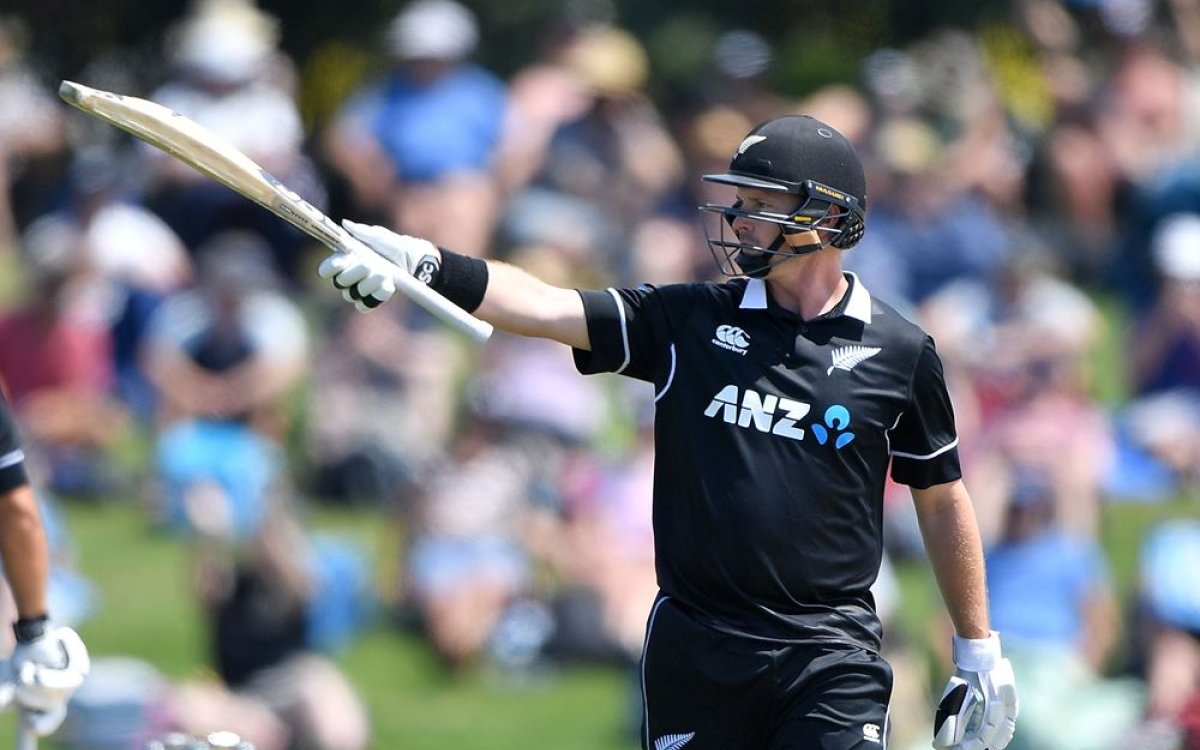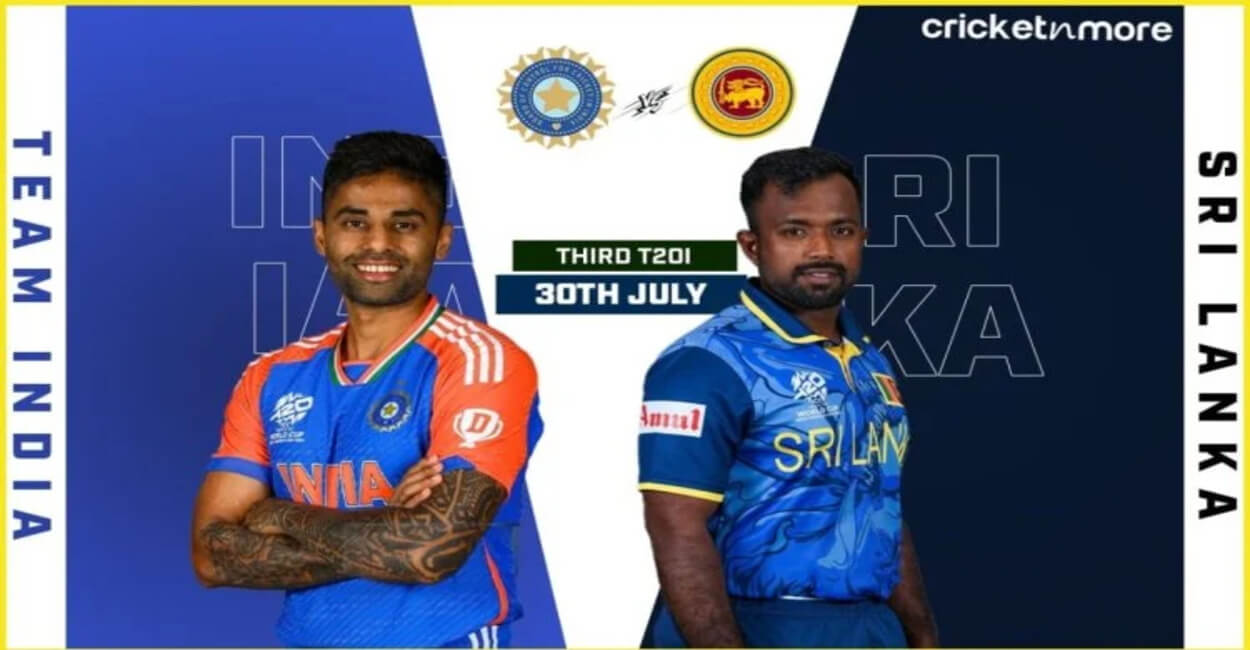T20 World Cups: New Zealand batter Colin Munro has decided to draw curtains on his international career that spanned 123 matches.
A white-ball specialist, who featured at two previous T20 World Cups, was hoping to reignite his New Zealand career at next month’s ICC Men’s T20 World Cup, but the 37-year-old missed out on earning a recall and decided to call time on his international career.
“Playing for the BLACKCAPS has always been the biggest achievement in my playing career. I never felt prouder than donning that jersey, and the fact that I’ve been able to do that 123 times across all formats is something I will always be incredibly proud of.
“Although it has been a while since my last appearance, I never gave up hope that I might be able to return off the back of my franchise T20 form. With the announcement of the BLACKCAPS squad for the T20 World Cup now is the perfect time to close that chapter officially,” Munro was quoted as saying by New Zealand Cricket.
While his international career has now officially come to an end, Munro will continue to play franchise cricket around the world.
The left-hander, who last played in the fifth T20I against India at Bay Oval in 2020, represented New Zealand in 65 T20Is, 57 ODIs and a single Test, scoring over 3,000 international runs and taking seven wickets.
Munro ends his international career as New Zealand’s current sixth all-time leading T20I run scorer with 1,724 runs at an average of 31 and a strike-rate of 156.4, including three centuries, the most by any New Zealander.
The big-hitting top-order batter represented New Zealand at the 2006 ICC Under 19 World Cup in Sri Lanka before making his international debut in all three formats on the 2012-13 tour of South Africa.
He would go on to excel in the white ball formats and was a key member of the Blackcaps in T20I and ODI teams between 2016 and 2019 and featured at the 2014 and 2016 T20 World Cups and the 2019 ODI World Cup in England.
“Colin was one of our first players to embrace the aggressive, 360-degree style batting that is now accepted all around the world as best practice. He was one of the pioneers of the new game, an innovative batsman who took calculated risk-taking to a new level, and led what was to become a revolution in the way short-form cricket was played.
“We thank him for his amazing contribution in more than hundred international games, and wish him well in his future pursuits,” said NZC chief executive Scott Weenink.



